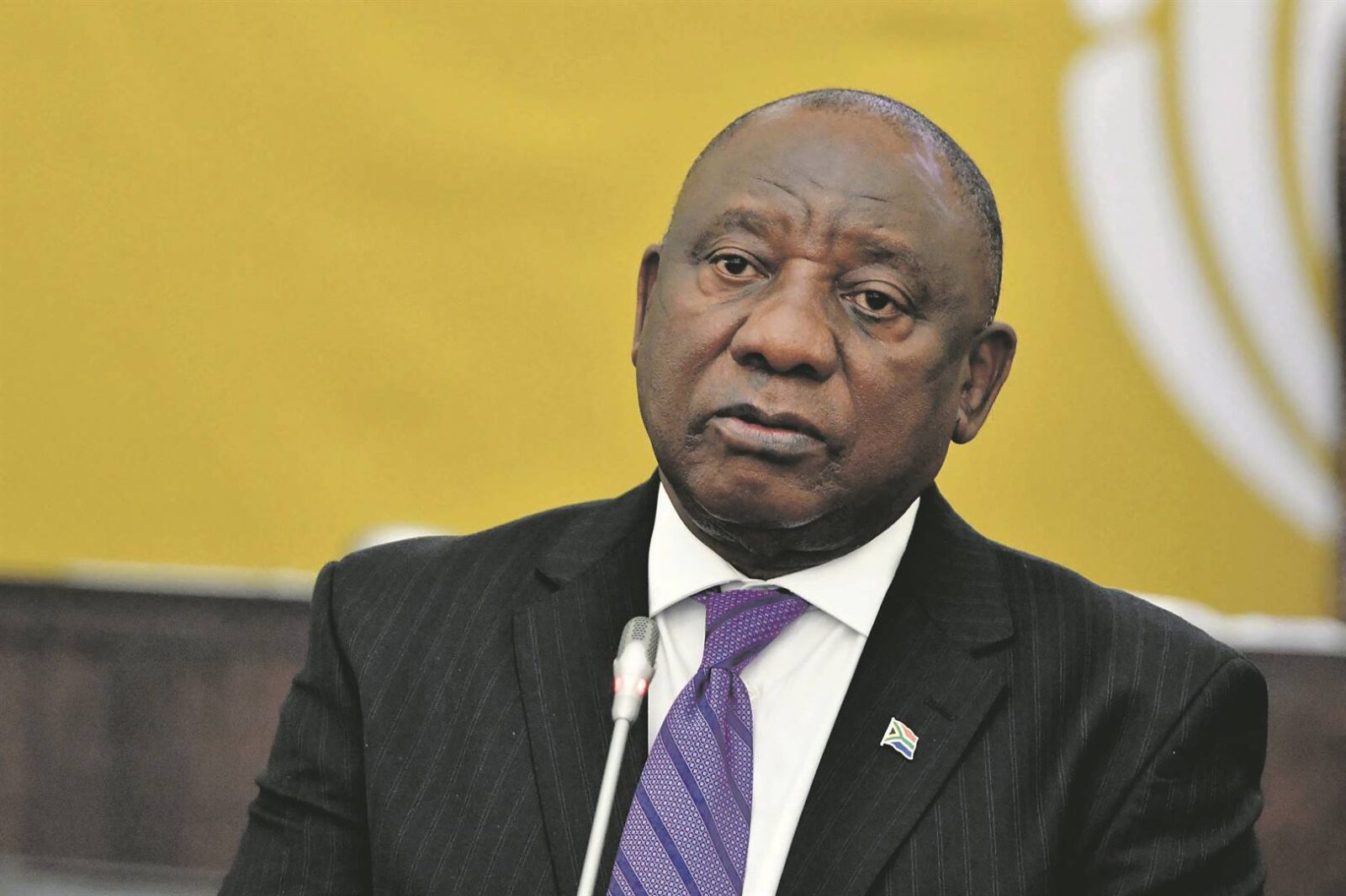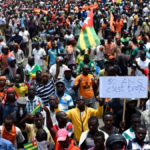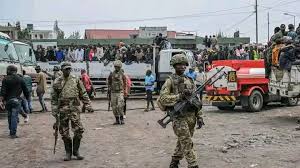South Africa’s Government of National Unity (GNU) is facing its most serious test yet as the Democratic Alliance (DA), the second-largest party in the ruling coalition, has delivered an ultimatum to President Cyril Ramaphosa demanding the dismissal of several cabinet officials implicated in wrongdoing. The DA has given the president until Saturday to act or risk destabilizing the already delicate coalition arrangement formed after the inconclusive 2024 general elections.
This latest standoff follows the unexpected removal of Deputy Trade and Industry Minister Andrew Whitfield, a DA member, whose dismissal has been linked to an unsanctioned trip to the United States in February a diplomatic visit that came amid strained relations between Washington and Pretoria. President Ramaphosa’s office confirmed Whitfield’s removal on Wednesday through spokesperson Vincent Magwenya, though no formal reason was given. Magwenya denied media speculation that a broader cabinet reshuffle was imminent.
DA leader John Steenhuisen reacted strongly to Whitfield’s sacking in a heated address to parliament, calling it a “calculated assault” on the DA and a glaring example of a “flagrant double standard.” He criticized Ramaphosa for targeting a DA official over what he called a procedural misstep, while ignoring alleged misconduct involving African National Congress (ANC) ministers who remain in office despite facing corruption allegations. “If the ANC fails to meet our ultimatum, all bets are off and the consequences will be theirs to bear,” Steenhuisen warned.
The DA’s ultimatum is the culmination of growing friction within the GNU. Though the coalition was formed to ensure political stability after no party secured a majority in the 2024 polls, it has been beset by frequent clashes over policy direction, budgetary priorities, and governance ethics. The DA’s refusal to support the ANC-led national budget earlier this year nearly led to a collapse of the coalition, prompting accusations from ANC leaders of betrayal and disloyalty.
Speaking publicly for the first time since his removal, Whitfield told South Africa’s national broadcaster SABC that he received no official reason for his dismissal and had assumed presidential silence over his travel request amounted to tacit approval. “Perhaps that was an error in judgment on my part,” he said, but added that the firing was “premature and an unnecessary provocation.” He suggested political motives may have been behind his removal and warned that the DA could reconsider its participation in the GNU. “There are a number of options at our disposal, and leaving the GNU is one of them,” he said.
The situation places Ramaphosa in a difficult political position. While the ANC retains the largest share of seats in parliament, it lacks a majority and depends on cooperation from the DA and other smaller coalition partners to govern. Analysts warn that a DA exit could trigger a breakdown of the coalition, plunging South Africa into political uncertainty or forcing new elections.
Opposition parties and civil society have long expressed concerns about corruption and lack of accountability within Ramaphosa’s cabinet. Several ministers and deputy ministers have been named in state capture inquiries or face unresolved investigations, yet continue to hold powerful posts. The DA has accused the president of shielding these individuals while swiftly acting against its own member over a relatively minor infraction.
The DA’s demand comes at a time when South Africa is grappling with significant socio-economic challenges, including persistent power outages, rising unemployment, and sluggish economic growth. Any major disruption to the GNU risks derailing policy implementation and undermining investor confidence.
As of Friday, President Ramaphosa had not publicly responded to the DA’s ultimatum or clarified the rationale for Whitfield’s removal. With the Saturday deadline looming, the nation awaits to see whether Ramaphosa will act decisively to preserve the unity government or risk plunging South Africa into a deeper political crisis.














Leave a comment